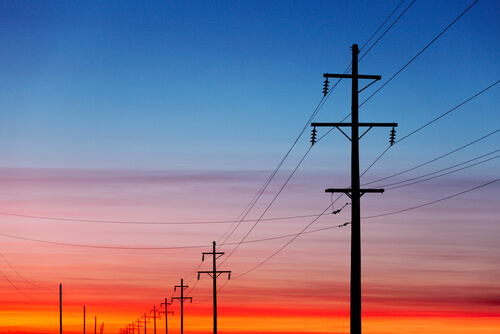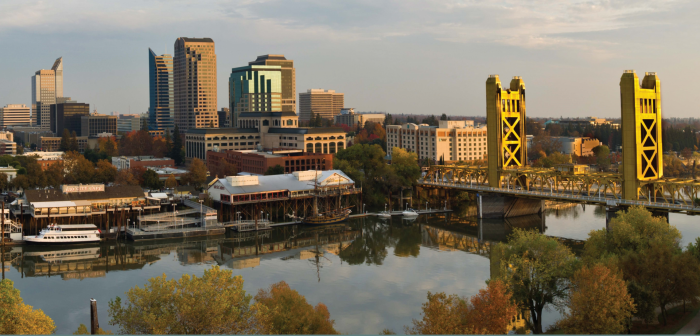 As I’ve said many times before, preparation is the key to a good job interview. Each industry is a little bit different and if you’re looking for a job with a public utility you need to know the types of questions that are likely to be asked in the interview:
As I’ve said many times before, preparation is the key to a good job interview. Each industry is a little bit different and if you’re looking for a job with a public utility you need to know the types of questions that are likely to be asked in the interview:
Why are you interested in working for a public utilities company? What past experience do you have that would be relevant to working for a public utility? What makes you a good fit in terms of our core values?
What do these particular questions have in common? What do they say about this employer? With this in mind, how should you prepare for a job interview with a public utility?
In my professional experience very few interviewers from other types of industries ask candidates anything about core values, but it is commonplace for public utilities. Initially I found it odd, thinking all they would be interested in would be a candidate’s technical background and if they had any experience working with electrical power generators and transformers.
I’m being serious, why does a highly educated electrical engineer who would be hired to repair power lines or troubleshoot malfunctions at a power transmission site need to be questioned about the mission and beliefs of the public utility they’re applying to work at, or their core values? I’m not saying that applicants are not questioned about their technical skills; rather, I’m telling you that the majority of the questions asked in interviews for this industry are behavioral and organizational in nature.
Because of the current trends happening in this industry they are more interested in how a candidate handles behavioral questions and their level of organizational ability. The trends I’m speaking about are as follows:
- Shortage of workers due to retirement and deregulation forcing staff reductions.
- Recent economic crisis has caused fluctuations in price of fuel, reductions in requests for rate relief, and reduced capital budgets.
- Government mandates for regulating “carbon” and renewable energy are being implemented.
- Utility equipment needs to be replaced, as it is simply way too old to work much longer.
This industry is undergoing structural changes along with financial upheaval. Although job prospects in this industry seem good, losing a large number of highly skilled and experienced workers due to retirement does cause stress on those remaining. These trends influence the type of employee the utilities are trying to attract, which are highly skilled workers that can do their job under a great deal of stress. This is why job candidates are being interviewed in this manner.
By the time any candidate is brought into the company for an interview, the team interviewing him/her knows all about their technical background and skills. This is an industry that utilizes standardized aptitude tests before the interview is set up, screening applicants for specific skills related to the job, such as the plant operator selection system (POSS) test, along with the basic math and science test (BSMT). In the interview they are seeking to find out whether the applicant would work well within the culture there and under the conditions demanded of its employees.
I don’t mean the physical conditions, that’s not what I’m talking about. This is a highly regulated industry, which means all the safety policies; rules and regulations have to be followed precisely. A candidate’s ability and willingness to follow directions is vital in every aspect of the job, should it be offered to them. Additionally, many of the jobs with a public utility are dangerous and need to be performed in crisis and/or stressful situations.
Therefore the team doing the interviewing must have a very good idea that you could perform well under these conditions. They are going to have to ascertain this from your past experience and performance in situations just as stressful. This is why they ask so many behavioral questions during the interview process.
Next Month: Types of Behavioral Questions You’ll Be Asked When Interviewing For A Job at a Public Utility



